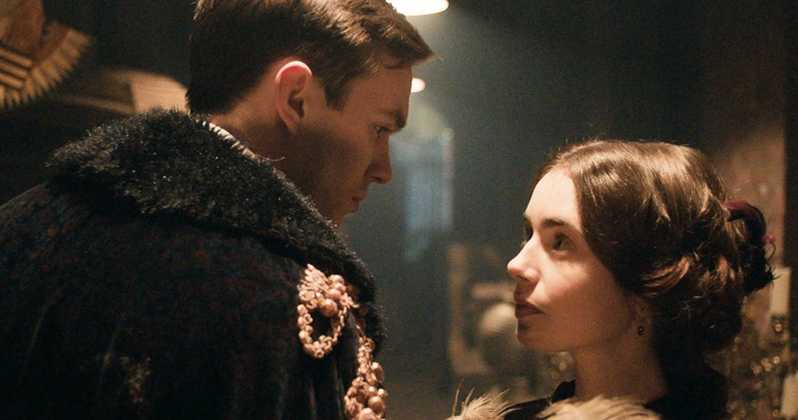Tolkien documents the childhood and early adulthood of the author J.R.R. Tolkien. His experiences during the First World War are punctuated with flashbacks to the unique friendships he formed with his fellow members of the TCBS (Tea Club, Barrovian Society) and future wife, Edith Bratt. The film makes it clear how these close relationships influenced Tolkien to create the concept of fellowship that is so important to his stories. The audience is left at the end of the film with the well-loved first words of The Hobbit falling from Tolkien’s ink pen to paper: ‘In a hole in the ground there lived a hobbit.’
Director Dome Karukoski and writers David Gleeson and Stephen Beresford weave the magic of Tolkien’s fantastical imaginings into the story of his life and offer this up to the audience. Tolkien’s love for mythology and language is made central to the film, gradually revealing the basis of Tolkien’s talent as a writer who managed to captivate many minds with his very own languages and legends. The scene where Tolkien (Nicholas Holt) is discussing what makes words so special with Edith Bratt (Lily Collins) is especially potent. Tolkien talks of the beauty of the sound of words, but Edith points out that what is a sound without the meaning of the word it is paired with. The ability of the film to make the audience think is important in showing the philosophical side of Tolkien’s engagement with language and stories.
However, as often is the case with biopics, Tolkien perhaps falls into the trap of romanticisation for the sake of the cinema. Tolkien does not provide a factually accurate account of Tolkien’s life, and he is of course unfortunately not here today to approve of the film’s representation. Interestingly, the Tolkien Estate did not endorse the film and wished ‘to make clear that they did not approve of, authorise or participate in the making of this film.’ Has Tolkien’s life story been commercialised? Does this detract from the emotional response the film can produce in its audience? As Karukoski states, biopics present ‘a battle between fact and fiction.’
The film’s significance lies in the way it manages to instill a sense of inspiration in the audience, a love for what Tolkien loved and what he created. As long as the viewer is aware of the fact the film is still a form of good old-fashioned escapism, its power remains completely appreciable.
By Eve Clark
Image courtesy of MovieWeb

